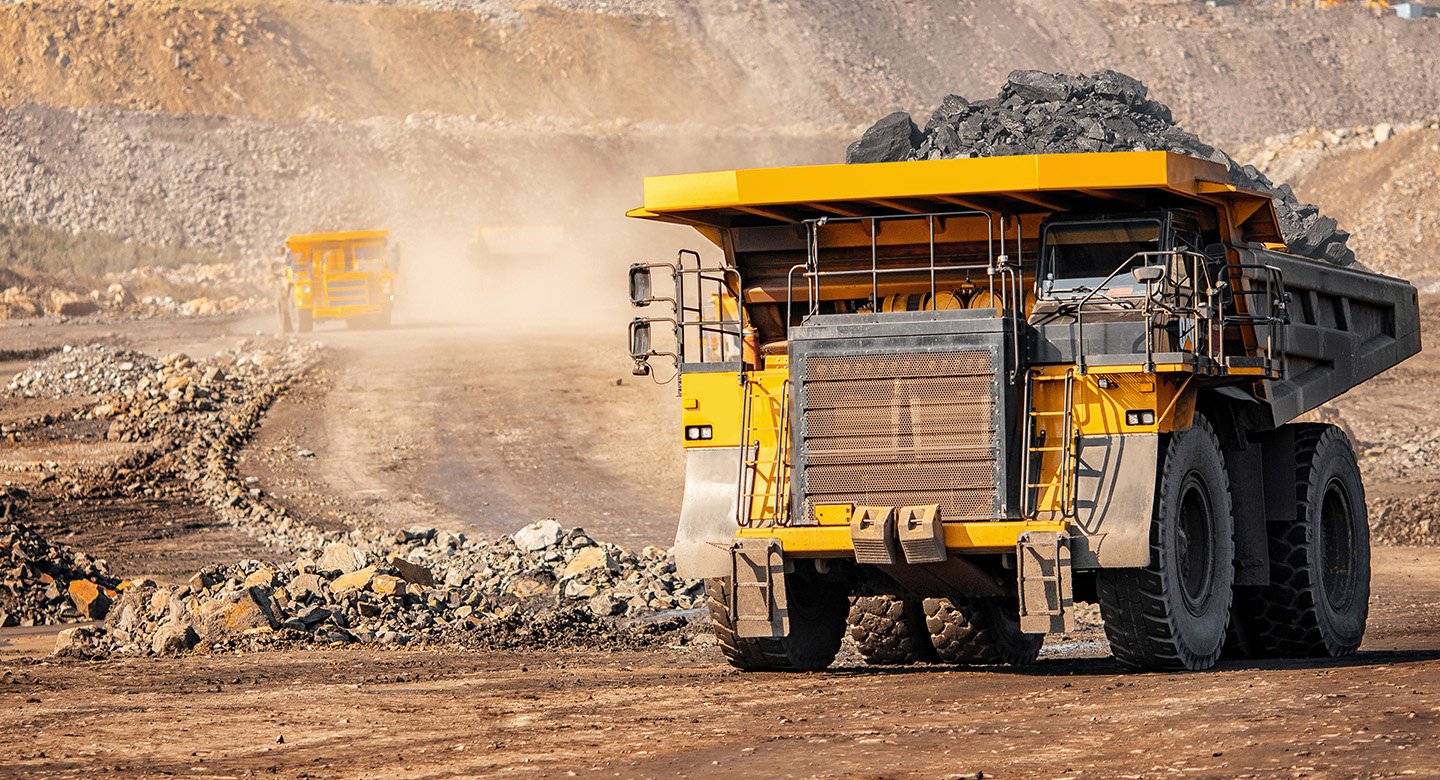Address
304 North Cardinal
St. Dorchester Center, MA 02124
Work Hours
Monday to Friday: 7AM - 7PM
Weekend: 10AM - 5PM
Address
304 North Cardinal
St. Dorchester Center, MA 02124
Work Hours
Monday to Friday: 7AM - 7PM
Weekend: 10AM - 5PM

Mines and Minerals play a pivotal role in driving global development, serving as the backbone of various industries and contributing significantly to economic growth. From providing essential raw materials for infrastructure projects to fueling energy production, the extraction and utilization of these natural resources are fundamental to sustaining modern societies. However, the mining industry faces numerous challenges, ranging from environmental concerns to social impacts and regulatory hurdles. In this article, we delve into the importance of mines and minerals in global development, explore the challenges confronting the mining sector, discuss sustainable mining practices, analyze global trends, and envision the future of this vital industry.
Mines and minerals are indispensable for building infrastructure, including roads, bridges, and buildings. Materials such as limestone, granite, and sand are essential components in construction projects, providing strength, durability, and functionality to structures.
The mining sector significantly contributes to economic growth by generating revenue, creating employment opportunities, and stimulating other industries. Countries rich in mineral resources often experience rapid economic development, as mining activities drive investment, trade, and industrialization.
Minerals such as coal, oil, and natural gas are crucial for meeting the world’s energy demands. Coal, in particular, remains a primary source of energy for electricity generation in many parts of the world, while minerals like lithium and cobalt are essential for manufacturing batteries used in renewable energy systems.
Mining operations can have adverse environmental impacts, including deforestation, habitat destruction, and water pollution. Extractive activities often disrupt ecosystems, degrade landscapes, and contribute to climate change through greenhouse gas emissions.
Mining projects can have profound social consequences for local communities, including displacement, cultural disruption, and social unrest. Conflicts may arise over land rights, resource ownership, and the distribution of benefits, leading to tensions between mining companies, governments, and indigenous populations.
The mining industry is subject to a complex regulatory framework governing exploration, extraction, and environmental management. Compliance with regulations and obtaining permits can be time-consuming and costly, posing challenges for companies operating in diverse jurisdictions.
Advancements in technology have enabled the mining industry to adopt more sustainable practices, such as precision mining, automated equipment, and real-time monitoring systems. These innovations help minimize environmental impacts, improve operational efficiency, and enhance worker safety.
Mining companies are increasingly embracing corporate social responsibility (CSR) initiatives to mitigate their social and environmental footprint. CSR programs encompass community development projects, environmental stewardship, and ethical business practices aimed at fostering positive relationships with stakeholders.
Effective community engagement is essential for building trust and fostering mutually beneficial relationships between mining companies and local communities. Engaging stakeholders in decision-making processes, providing transparent communication, and sharing benefits equitably are key principles of responsible mining.
The transition towards renewable energy sources, such as solar, wind, and hydropower, is reshaping the global demand for minerals. Metals like copper, nickel, and rare earth elements are essential components in renewable energy technologies, driving increased exploration and production activities.
Digitalization and automation are revolutionizing the mining industry, enabling companies to optimize operations, enhance safety, and reduce environmental impacts. Technologies like artificial intelligence, drones, and autonomous vehicles are transforming mining processes, from exploration to mine closure.
Collaboration among governments, industry stakeholders, and civil society organizations is essential for addressing global challenges facing the mining sector. International initiatives, such as the Extractive Industries Transparency Initiative (EITI) and the Kimberley Process Certification Scheme, promote transparency, accountability, and responsible resource governance.
Achieving a balance between economic development and environmental conservation is critical for the sustainable management of mines and minerals. Adopting environmentally friendly practices, minimizing ecological footprints, and investing in rehabilitation and reclamation efforts are imperative for the long-term viability of the industry.
The future of mining will be shaped by emerging technologies that enable more efficient, safer, and environmentally sustainable extraction processes. From green mining technologies to circular economy principles, innovation will play a pivotal role in driving the industry towards greater sustainability and resilience.
Addressing social and ethical considerations, such as human rights, labor rights, and indigenous rights, is paramount for fostering responsible mining practices. Respect for cultural heritage, meaningful consultation with affected communities, and adherence to international standards are essential for building trust and ensuring social license to operate.
Mines and minerals are indispensable for fueling global development, providing essential resources for infrastructure, energy, and industrial production. While the mining industry faces numerous challenges, including environmental impacts, social conflicts, and regulatory complexities, embracing sustainable practices and innovative technologies can pave the way towards a more responsible and resilient future. By prioritizing environmental stewardship, community engagement, and ethical governance, the mining sector can contribute positively to economic growth, social progress, and environmental sustainability on a global scale.